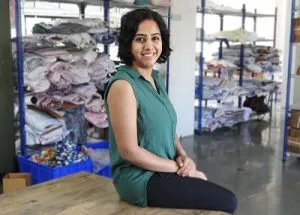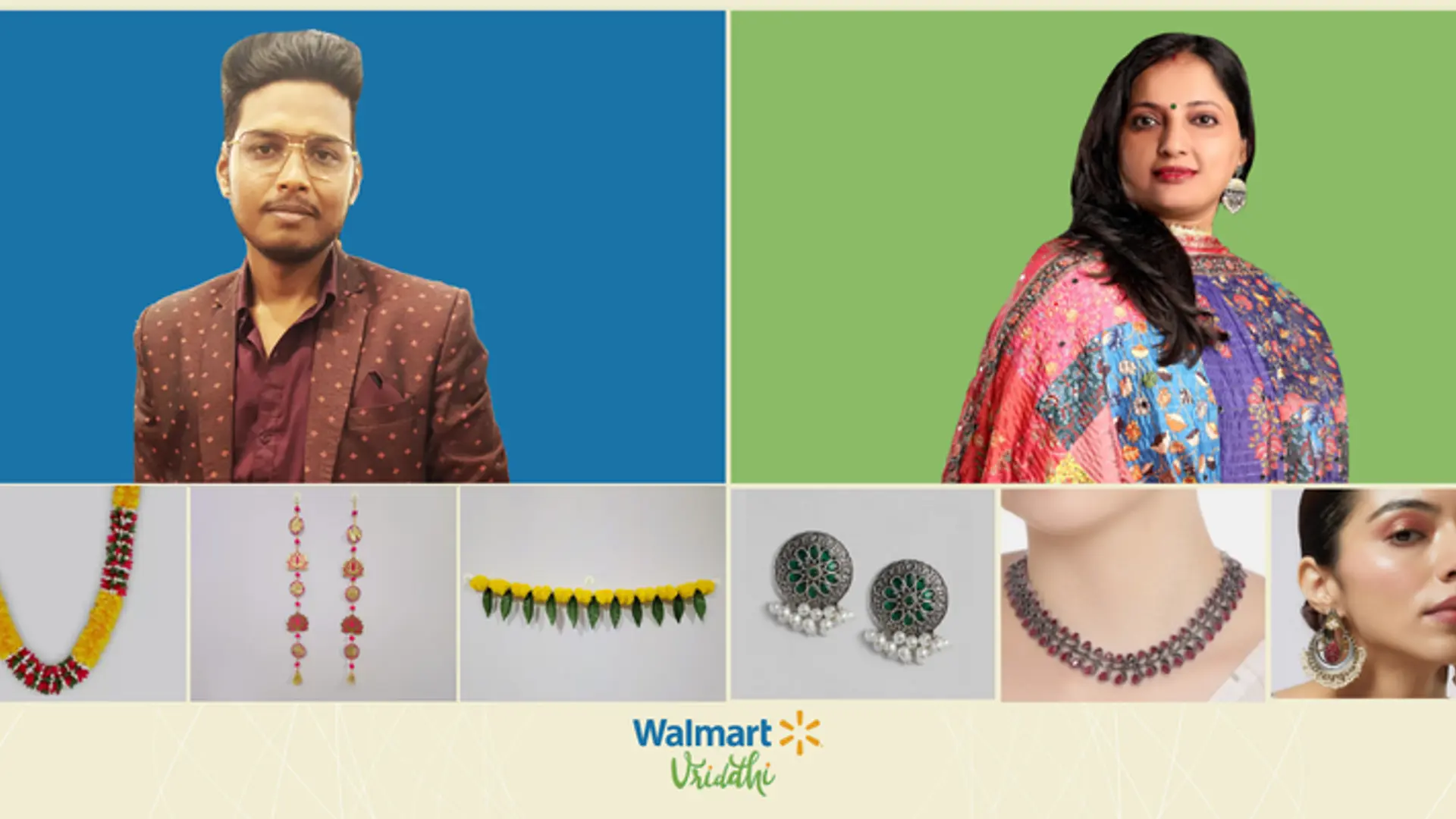Bumpadum – diapers that are good for your baby and the environment too
With its range of washable, resusable cloth diapers Bumpadum aims to provide parents a better alternative to traditional cloth nappies and disposable diapers.

At a glance:
Startup: Bumpadum
Founder: Anuradha Rao
Year it was founded: 2016
Funding: bootstrapped
Sector: Healthcare
Based out of: Bengaluru
Anuradha Rao (35) has no prior experience in garment manufacturing, sales, marketing, or customer service. Her career has mostly been in software engineering and management consulting.
She has worked in Lucent Technologies and Oracle in Bangalore, completed her MBA from Yale University, after which she worked as a strategy consultant in IBM's Chief Analytics Office, New York. In 2014, she came back to India.
Two years ago, as a new parent, Anuradha was shocked by the amount of landfill garbage being generated by one tiny human being, in the form of disposable diapers. She looked for eco-friendly alternatives, but found either locally manufactured cloth nappies that are messy to use or modern cloth diapers that are imported from China/US that were either of poor quality or too expensive.
“I did end up using these products, but they left me wanting for more both in terms of performance and affordability,” she recollects.
She figured that this is a market where there is no incentive for traditional businesses to innovate because the average Indian looks to convenience over making eco-friendly parenting choices. Also, the product requires a lot of effort to manufacture in terms of good quality for long term.
“I knew that I would have to initiate the change I expected to see in the Indian cloth diaper market. And this is why we started,” Anuradha says.
Named Bumpadum – after mother (baby bump) and baby (bum) – the company was registered in February 2016 and started operations in June 2016. Its production team consists of seven, while two cover marketing, sales, expansion, etc.
Bumpadum aims to provide a better alternative to parents over traditional cloth nappies and disposable diapers through washable, reusable cloth diapers.
Like disposable diapers, they are leak-proof and keep the baby dry. They can be reused over 100 times, typically over two-three years.
Catering to different needs
Bumpadum found its first set of customers from a Facebook group called Cloth Diapering India. After an initial round of testing with mums across India, their feedback in design was incorporated before the launch.
“For the first two-three months, we were in product development mode, with feedback from our first customers continuously being incorporated in newer versions of the diapers,” Anuradha says. Even after their first launch, whenever they launch a new product, they send samples for testing to customers who have expressed an interest in that particular product and pull in suggestions and changes in the first 3-4 months.
While it wants people all over India to adopt cloth diapers as a sustainable way of life, right now Bumpadum is targeting urban parents who are keen on an eco-friendly lifestyle.
Being based in Bengaluru has helped from a target customer point of view, since it has been one of the first cities in India to take on solid waste management comprehensively through waste segregation at source. Bumpadum has found that the switch to cloth diapers from disposables comes more naturally to new parents located here.
“We reach out to our customers extensively through social media. We also have a very strong referral program where our existing customers refer their friends and family. Our biggest challenge is customer education - both pre and post sales. We solve this through social media engagement ,” says Anuradha. Bumpadum has an active customer group on Facebook where new parents get a lot of peer support in learning how to use cloth diapers and how effective they can be.
Ranging from Rs.199 to Rs.899, Bumpadum has 8-10 categories of products with a total of 70-100 SKUs. Within cloth diapers, there are different types. For example, for keeping baby’s bottom dry, Bumpadum has Duet Stay-dry Diaper. If the parents’ want only organic cotton to touch the baby’s skin, they offer diapers that are made with organic cotton. They offer non water-proof solutions too for a more breathable, open solution.
Bumpadum also makes 100 percent waterproof cloth bags that can be used to store used diapers before laundry. Anuradha claims that these bags keep the stink and contents completely sealed within the bag, and are especially useful while traveling.
Supply chain process
Bumpadum’s manufacturing unit is in Bangalore. It sources materials from all over India and sometimes from abroad too. Anuradha claims they are the only manufacturers of cloth diapers in India.

“Our competition are companies that import their products from China/US and resell them here. Having a local production unit gives us an advantage over our competition because we are able to control every aspect of our supply chain, hence we make a product better suited for Indian babies in terms of fit, fabric,and affordability,” she says, adding that most brands from China are just rebranded generic diapers that are designed for larger babies from western countries, hence don't fit Indian babies very well.
According to Anuradha, Bumpadum diapers have high performance as well as excellent quality fabrics to last several years, and comparable quality diapers are very expensive to import.
Future plans
Bumpadum is currently available online via its own website and Amazon India. It plans to initiate offline presence as well as explore partnerships with international retailers soon. Anuradha says that Bumpadum’s CMGR (compound monthly growth rate) in financial year 2017-18 is 10 percent. Currently bootstrapped, it may look for funding later this year.
“Our biggest success is converting thousands of parents to using cloth diapers. We have so far effectively prevented over 5,20,000 disposable diapers from reaching the landfill, amounting to about 105 tonnes of toxic landfill waste. This number is growing every single day. It’s a hugely motivating factor for us and a matter of pride for our customers to be part of a growing sustainable parenting breed of parents,” Anuradha says with a smile.







